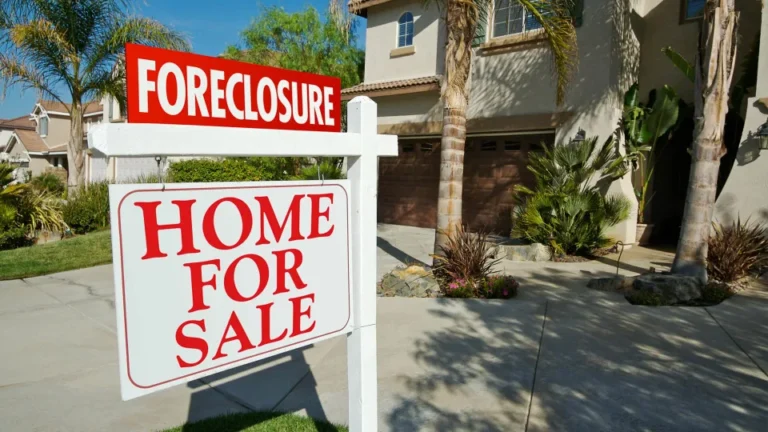The Rising Trend of Foreclosures in 2024
Foreclosures have been on the rise in 2024, affecting homeowners across the United States, including North Carolina. This growing trend is of particular concern for military personnel, retirees, and families who may face unique challenges in keeping their homes. Understanding the factors driving this increase and exploring potential remedies can help homeowners navigate these difficult times and protect their homes.
Economic Factors Contributing to Foreclosures
Market Trends
Several economic conditions have converged to drive up foreclosure rates in 2024. Inflation has reduced the purchasing power of families, making it harder for them to keep up with mortgage payments. Rising interest rates have also increased monthly mortgage costs for those with adjustable-rate loans, pushing many into default. Additionally, fluctuating unemployment rates have left some without the necessary income to cover their housing expenses.
Recent data shows that the foreclosure rate has increased slightly, with more properties facing foreclosure filings compared to previous quarters. Although these numbers are still below pre-pandemic levels, they reflect the growing financial pressures on homeowners.
Impact on Different Demographics
Economic challenges have uniquely impacted various demographics. Military families, who often deal with frequent relocations, can struggle with maintaining consistent mortgage payments during transitions. Retirees, especially those on fixed incomes, find it increasingly difficult to manage rising living costs. These financial strains have contributed significantly to the higher foreclosure rates among these groups.
Legislative and Policy Changes Affecting Foreclosures
New Legislation
Recent changes in laws and policies have also impacted foreclosure rates. For example, the Federal Housing Administration (FHA) introduced new programs aimed at providing financial relief to struggling homeowners. These initiatives include options to temporarily reduce monthly payments without altering interest rates, helping prevent foreclosures.
Specific Protections for Military Personnel
Military personnel have certain legal protections under the Service members Civil Relief Act (SCRA), which offers financial safeguards during periods of active duty. These protections can delay or prevent foreclosure proceedings, providing crucial support for service members facing financial difficulties.
Considerations for Retirees
Legislative changes can disproportionately affect retirees, who often rely on fixed incomes. Policies addressing rising property taxes and insurance premiums are particularly relevant, as these costs can quickly outpace retirees’ financial resources, leading to an increased risk of foreclosure.
Common Misconceptions About Foreclosure
Myth-Busting
There are several misconceptions about the foreclosure process. One common myth is that foreclosure happens immediately after a missed payment. In reality, the process typically begins after several missed payments, giving homeowners time to seek remedies.
Real-Life Examples
For example, a military family might believe that relocation orders automatically protect them from foreclosure. While protections exist, they require proper notification and documentation to be effective. Similarly, retirees might assume that their fixed income protects them from foreclosure, but rising costs can still pose significant risks.
Legal Consequences
Foreclosure has serious legal implications, including damage to credit scores and potential deficiency judgments. A deficiency judgment occurs when the lender seeks the remaining balance of the loan after the sale of the foreclosed property. Understanding these consequences is crucial for homeowners facing foreclosure.
Practical Steps to Prevent Foreclosure
Early Intervention
One of the most effective ways to prevent foreclosure is early communication with lenders. Homeowners should contact their lenders as soon as they anticipate financial difficulties. Many lenders are willing to negotiate new payment plans or loan modifications to help borrowers stay on track.
Legal Options
Various legal remedies are available to prevent foreclosure, such as loan modifications, short sales, and bankruptcy. Chapter 13 bankruptcy, for example, allows homeowners to reorganize their debt and establish a repayment plan, which can help them retain their homes.
Seek Professional Help
Professional legal assistance is invaluable when navigating foreclosure. Attorneys specializing in foreclosure and bankruptcy can provide tailored advice and representation, helping homeowners understand their options and protect their rights.
Encouragement
Homeowners facing foreclosure should take proactive steps to protect their homes and financial futures. Early action and professional advice can make a significant difference in the outcome of their cases.
Are you in Risk of Foreclosure? Contact Stubbs & Perdue for a free consultation for available options.





